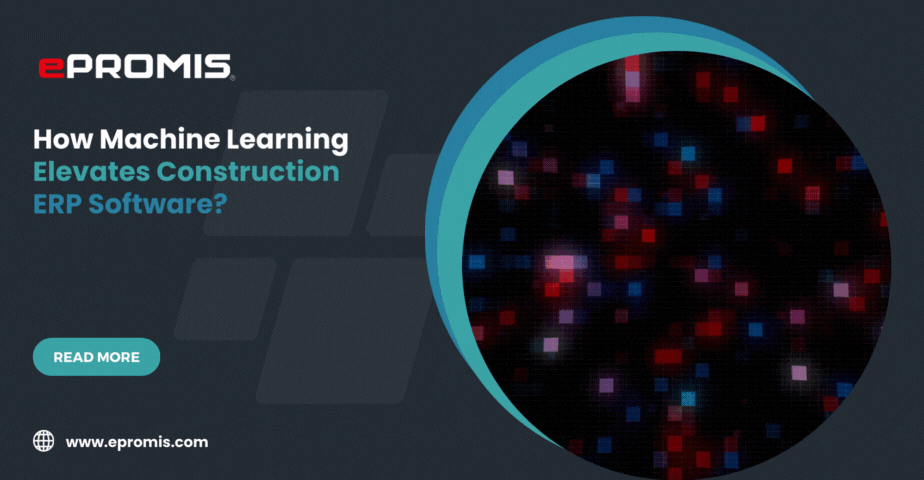Machine Learning (ML) has become a cornerstone in technological innovation across various industries, including construction. Known for its ability to process historical and real-time data, machine learning offers profound insights and predictive capabilities that can revolutionize how industries operate. In the construction sector, integrating ML with Enterprise Resource Planning (ERP) systems is proving indispensable, enhancing efficiency and predictive accuracy in unprecedented ways.
Transformative Benefits of Machine Learning in Construction ERP
- Enhanced Forecasting Accuracy: The integration of machine learning with construction ERP systems significantly improves forecasting accuracy. Construction firms can benefit from advanced predictive analytics provided by ML, offering precise estimates related to project timelines, costs, labor, and equipment needs. Accurate forecasting is critical as it helps avoid project delays and budget overruns, preserving the company's reputation and ensuring customer satisfaction. Machine learning utilizes patterns found in historical data to forecast future outcomes while also highlighting potential risk factors that could impact the project.
- Streamlined Project Management: Machine learning can transform project management within the construction industry. By integrating ML, construction ERP software can serve as a digital assistant to project managers, promptly alerting them to on-site issues such as equipment malfunctions or quality concerns. This proactive approach allows for immediate action to resolve problems, optimize task prioritization, and adjust labor allocation efficiently, keeping projects on track without extensive managerial intervention.
- Optimized Raw Material Management: Managing raw materials efficiently remains a challenge in construction. Machine learning enhances construction ERP software by analyzing patterns in real-time and historical data to predict the need for material replenishment. This predictive capability ensures that materials are ordered just in time, reducing holding costs and minimizing waste. Additionally, ML algorithms can recommend the most reliable vendors for procurement, further streamlining the supply chain.
- Proactive Safety Management: Safety is paramount in construction, and ML can greatly improve how safety concerns are managed. An ERP system equipped with machine learning can detect potential safety hazards and identify patterns in safety violations, enabling project managers to address risks proactively. This capability ensures that safety protocols are enforced more rigorously and can help in reducing workplace accidents.
Future of Machine Learning in Construction ERP
The potential of machine learning in enhancing construction ERP systems is vast and still unfolding. Industry analysts predict that ML will be a key differentiator in modernizing construction ERP systems, setting them apart from traditional platforms. As you consider adopting or upgrading an ERP system, it is crucial to choose a provider that not only understands the importance of machine learning but is also committed to leveraging this technology to its full potential. The leadership of the ERP provider should be tech-forward, with a clear focus on continuous technological advancement.
In conclusion, machine learning is not just an add-on but a vital component that can drive significant improvements in efficiency, accuracy, and safety for construction firms. By choosing a construction ERP solution that integrates machine learning, companies can ensure they remain at the cutting edge of technology and maintain competitiveness in a rapidly evolving industry.

